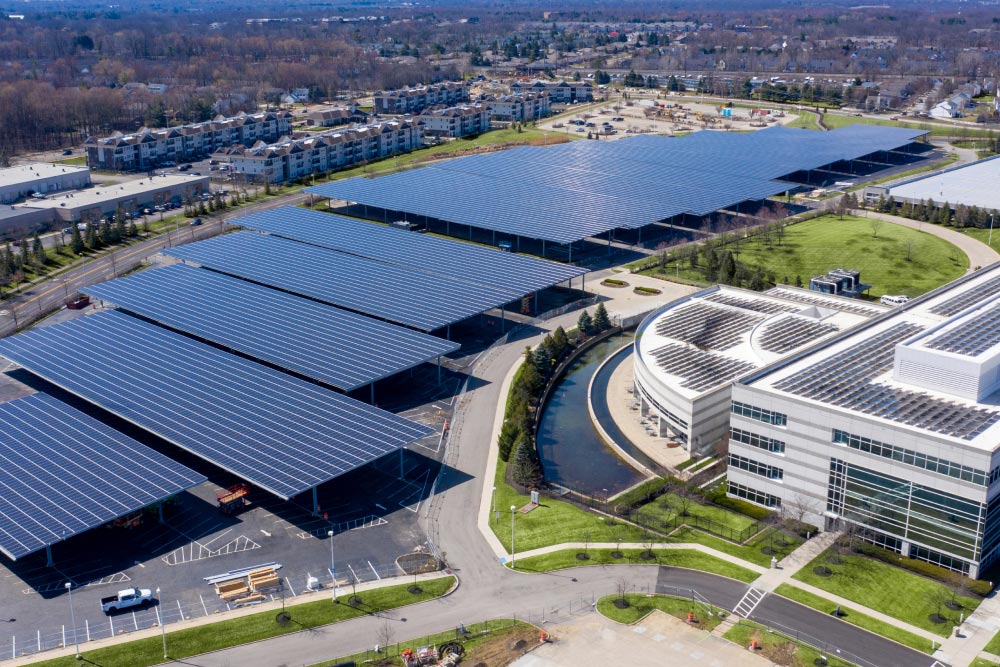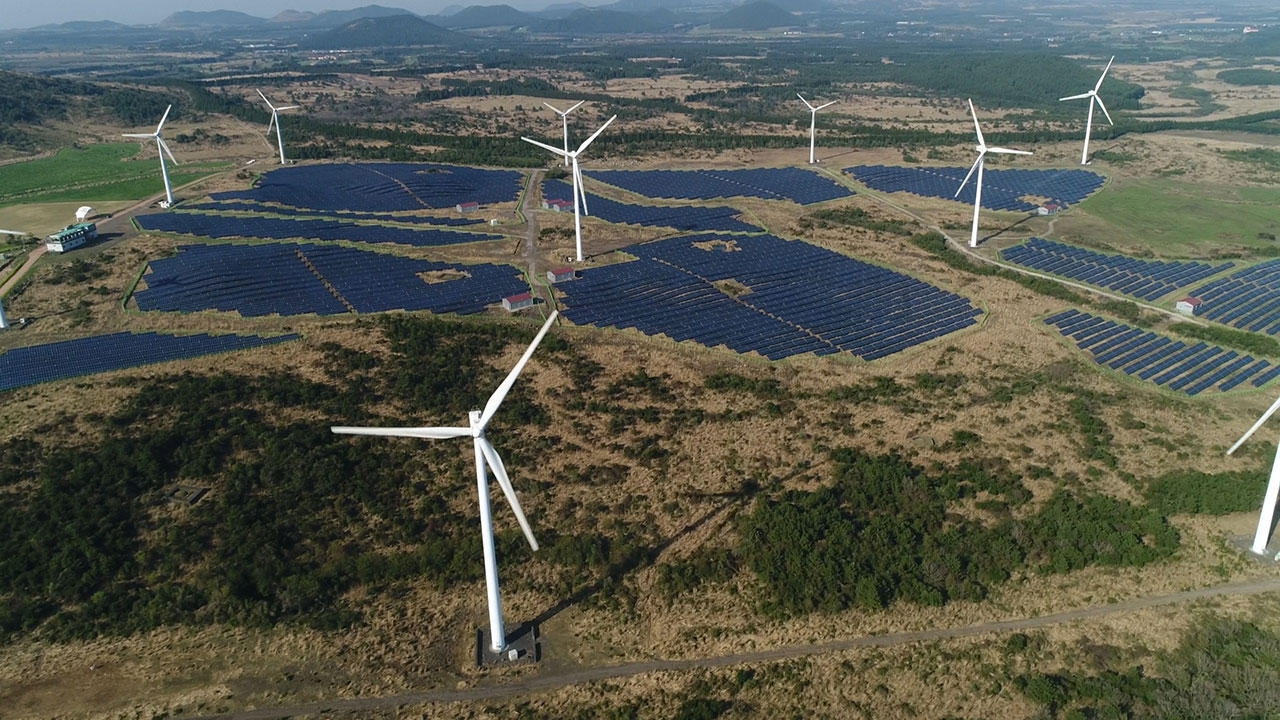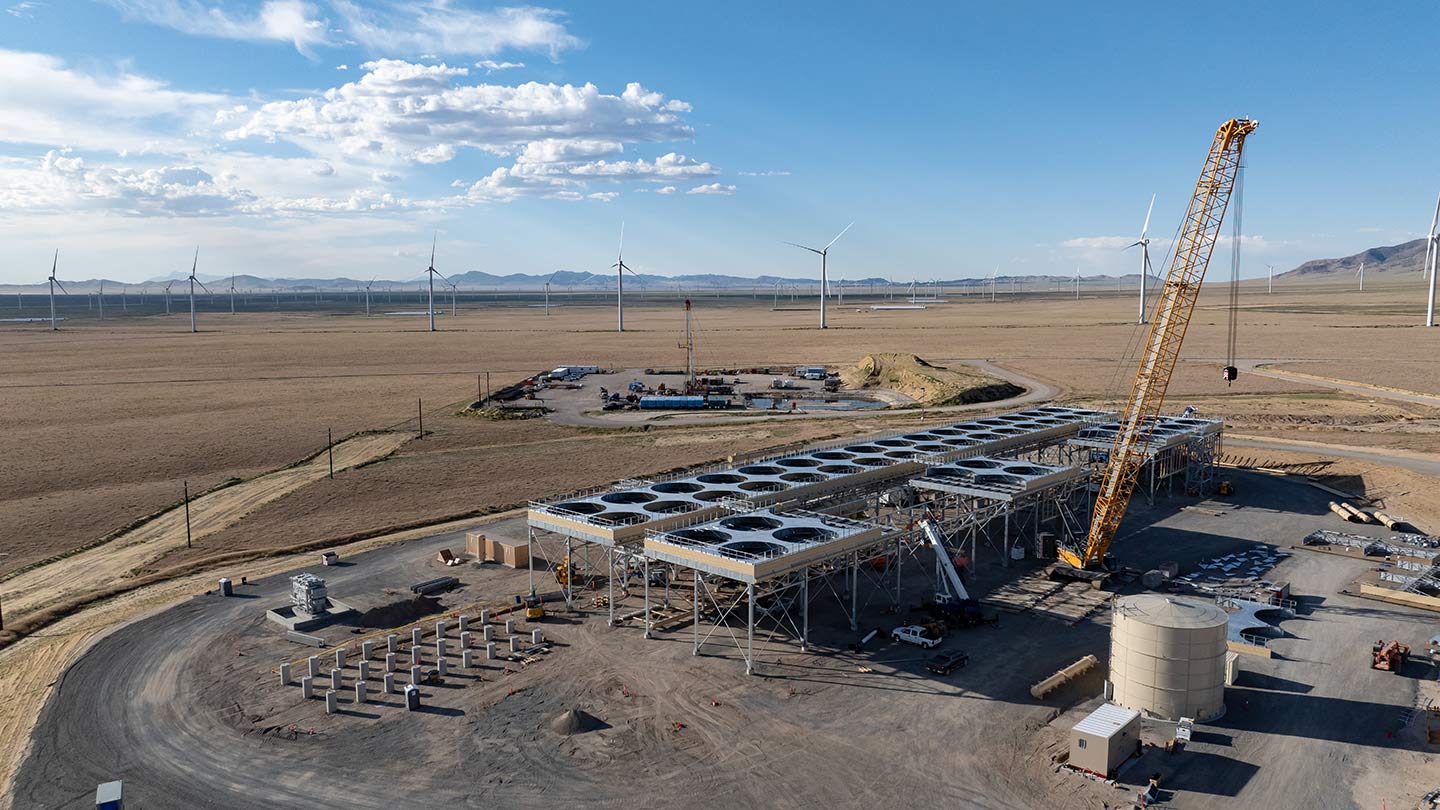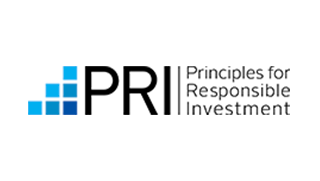How we’re making an impact
Our initiatives are rooted in how we do business: this means serving our customers, clients and communities while running a healthy and vibrant company.
Helping our clients achieve their objectives
Our capital, data and expertise supports clients with financing solutions to scale and grow. We aim to provide strategic advice to help clients achieve their sustainability goals and have established a series of sustainability-related metrics and targets designed to help us understand the impact of our efforts and how we can best support our clients.
Supporting long-term climate initiatives and sustainable development
We aim to finance and/or facilitate $1 trillion over 10 years – from 2021 through the end of 2030 – to help advance climate initiatives. We seek to support a low-carbon future while also maintaining energy affordability, security and reliability.
Managing Operational Sustainability
We seek to implement solutions to make our operations more sustainable and efficient in line with business priorities. We aim to construct and operate more sustainable buildings and manage our energy and carbon footprint.






















